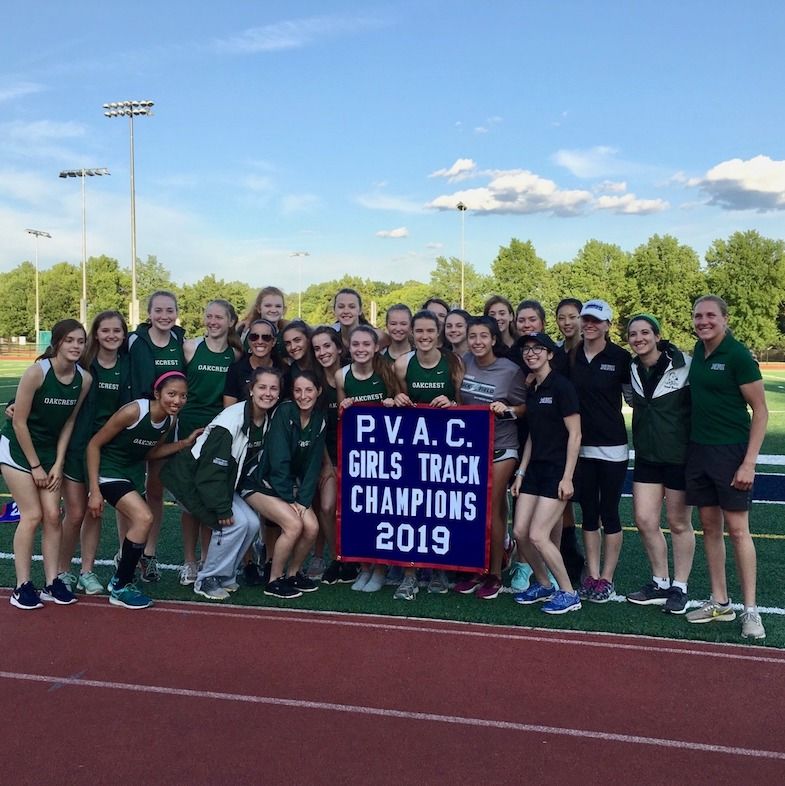Oakcrest School announced its departure from the Potomac Valley Athletic Conference (PVAC) last week, becoming the second school to leave the conference because of the league’s inclusive policy regarding transgender athletes.
Mary Ortiz, Oakcrest’s Head of School, wrote a letter to PVAC President Taisto Saloma on June 14 informing him of Oakcrest’s withdrawal from the conference. The reason for Oakcrest’s exit was that PVAC athletic directors voted in favor of a policy in January that allows all athletes to compete on the team consistent with their gender identity. Grace Brethren Christian School was the first school to leave the conference because of gender identity issues when it abruptly exited the PVAC this past winter.
Oakcrest, an all-girls Catholic school in Vienna, Virginia, has been a PVAC member for 30 years. Ortiz felt that the PVAC no longer protected Oakcrest’s mission after January’s lopsided vote in favor of the new policy. Ortiz said that the PVAC’s mission is “now defined in a way that no longer leaves room for a school like [Oakcrest].”
“Our mission is deeply rooted in natural law and the teachings of the Catholic Church. As a result, we have great respect for the dignity of each student, who is created in the image and likeness of God as male or female,” Ortiz wrote in the letter.
Ortiz also argued that allowing transgender girls to compete on girls’ team is unfair and unsafe.
“We are far from alone in noting that there are legitimate concerns about fairness and safety whenever boys who identify as girls compete at the middle school and high school level,” Ortiz wrote. “Physical strength, speed, and general athletic prowess are strongly associated with biological, sex-related characteristics.”
George Hornickel, the director of school at Grace Brethren, expressed similar ideas to Ortiz when he described transgender girls playing on girls teams as “a form of cheating” in a March email.
Saloma declined to comment on Oakcrest’s decision.
Issues related to gender are much-discussed in sports right now. In early May, the Court of Arbitration for Sport ruled that Caster Semenya, a two-time Olympic track and field champion from South Africa, will have to take medications to lower her testosterone levels in order to compete in women’s events. Recently, International Associations of Athletic Federations (IAAF) documents argued that Semenya is “biologically male.”
Oakcrest teams will compete independent of a conference next year, but Ortiz says she wants the school’s teams to continue playing against PVAC schools. Oakcrest is also a member of the Virginia Independent Schools Athletic Association (VISAA), which allows Oakcrest varsity teams to compete in state competitions. The VISAA Rules and Guidelines do not contain a specific policy regarding gender identity. A VISAA committee is currently working on a gender identity statement, according to Dick Kemper, the VISAA Executive Director.
Ortiz repeatedly wrote that her decision is mostly about protecting individual students and only partially about the school’s greater beliefs.
“While there are different beliefs with regard to this issue, all athletes from PVAC member schools have rights and responsibilities,” Ortiz wrote. “Oakcrest girls and all female athletes from PVAC schools have a right to compete against other girls in a fair and safe manner.”


































































